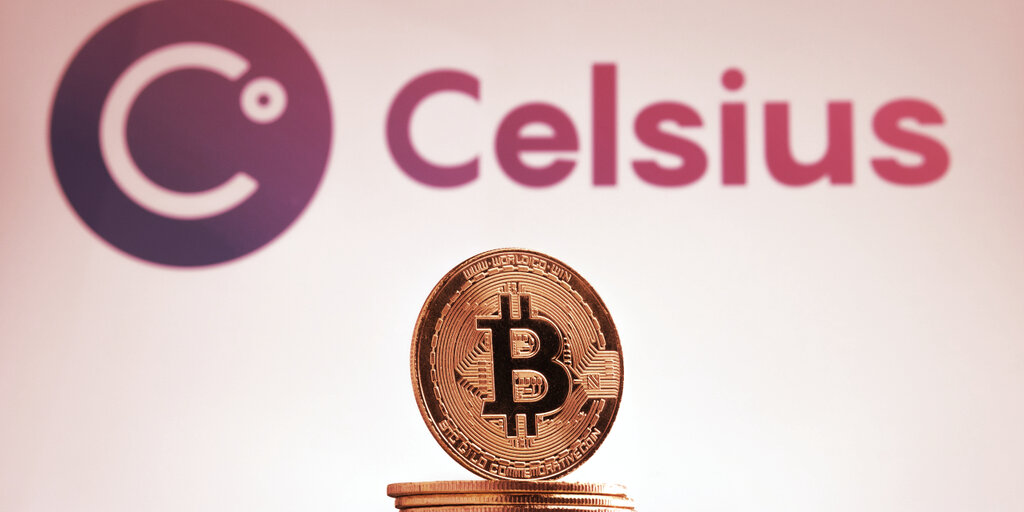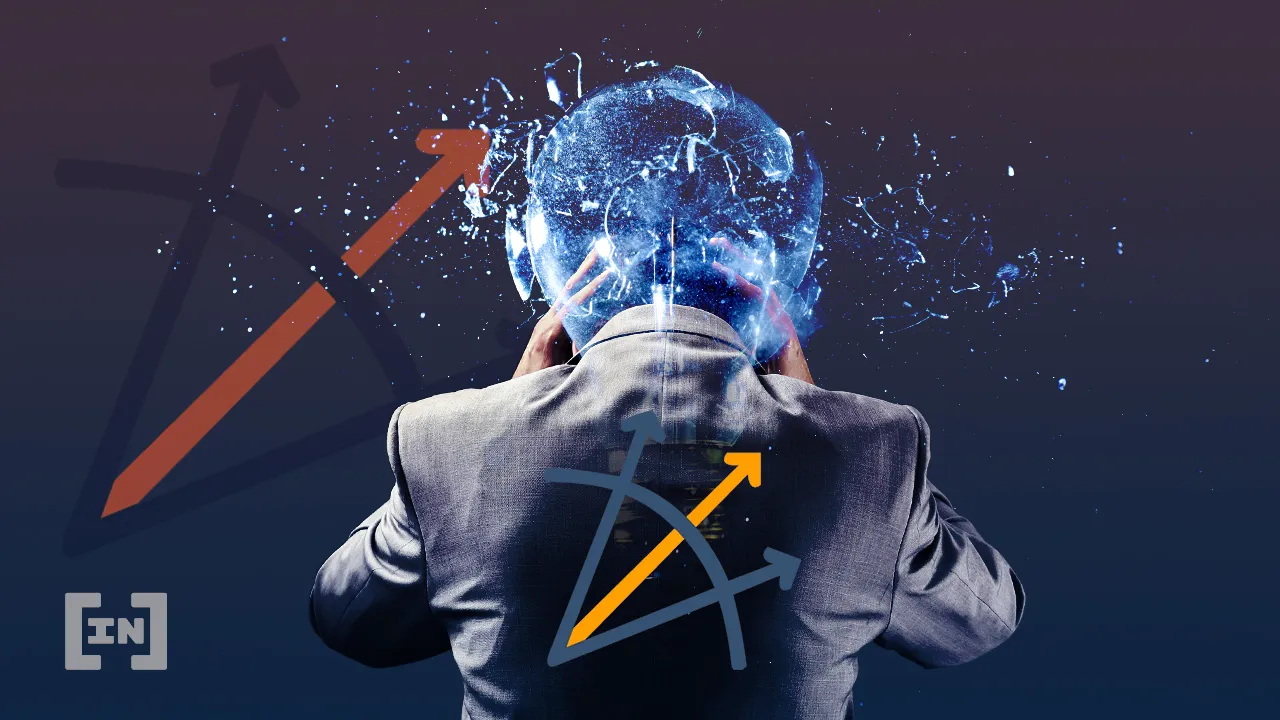Biden tries to undo man’s student loan forgiveness through bankruptcy
- A Delaware court has decided to eliminate $100,000 in student debt for a man who filed for bankruptcy.
- Two weeks later, Biden’s education department appealed that decision.
- This places a burden on borrowers whose only option in the face of unmanageable student debt is bankruptcy.
Two weeks ago, 35-year-old Ryan Wolfson achieved a rare feat in court – successfully eliminating his nearly $100,000 student debt through bankruptcy. But President Joe Biden could stand in the way of that relief.
As the Daily Poster first reported on Wednesday, last week the Justice Department filed a notice of appeal on behalf of Education Secretary Miguel Cardona in the case. Wolfson vs. Devos. Specifically, Wolfson struggled to find a full-time job after graduating from college in 2010, and nine years later, while working full-time for ride-sharing services, he had a meltdown and destroyed his car.
Judge says Wolfson was diagnosed with ‘treatable, non-debilitating epilepsy’ when he was 12, and after taking medication for about a decade, switched to medical cannabis as a long-term treatment option more sure.
The judge ruled that Wolfson had proven “undue hardship” – a standard that must be met for a bankruptcy discharge – and decided to eliminate all of Wolfsons student debt.
“Evidence shows that, despite considerable effort, Wolfson has been chronically unemployed or underemployed since graduating from college; that his sporadic full-time employment has consisted of low-paying gigs or with little prospect of advancement; and that he only avoided living in abject poverty because of the significant financial support of his father,” the judge wrote in her opinion. “The record further shows that Wolfson’s career prospects are unlikely to improve materially over time, and therefore his inability to repay his student loan debt will persist.”
But on Jan. 28, Cardona appealed that decision, potentially leaving Wolfson saddled with student debt he can’t afford to repay. Dan Zibel, vice-president and chief counsel of Student Defense – an organization which advocates for the protection of borrowers – expressed his disappointment with the Department for Education’s decision.
“Easing the burden on bankrupt student borrowers has support across the political spectrum,” Zibel told Insider. “In this case, the bankruptcy court’s decision is well reasoned. It also joins a growing chorus of decisions noting how discharge standards for student borrowers have been wrongly applied. The Department of Education should have welcomed this decision.”
What this means for student borrowers
As a senator, Biden was one of the lawmakers backing the Bankruptcy Abuse and Consumer Protection Act of 2005, which set higher standards a borrower must meet to get off their loans through bankruptcy. . Specifically, it created a standard of “undue hardship” that Wolfson attempted to meet, in which the borrower cannot maintain a minimal standard of living, his situation is unlikely to improve, and he has made an effort to good faith to repay its debt.
Since that bill was signed into law, many borrowers have struggled to meet the strict standards, which is why Wolfson’s case was so important. The judge wrote in her opinion that the courts have been too strict in their interpretations of “undue hardship”, following the rulings of other judges in recent years who have opted for a more lenient interpretation of the law on bankruptcy.
The Departments of Education and Justice even said last year that they would work to revise bankruptcy protections. But if Biden goes ahead with the appeal, the majority of student borrowers are unlikely to win their case in court.
Still, a bipartisan group of lawmakers wants to see the process reformed. Insider reported in August that Senate Majority Whip Dick Durbin and Sen. John Cornyn of Texas introduced the FRESH START Through Bankruptcy Act of 2021, which would allow borrowers to apply for the discharge of their federal student loans after 10 years.
And in July, Representatives Steve Cohen, Danny Davis and Eric Swalwell introduced the Private Student Loan Bankruptcy Equity Act, which would treat private student loans the same as other forms of private debt, making it easier thus the process of discharge from their bankruptcy.
“Student loan debt follows you to your grave,” Durbin said in a statement. “Our bipartisan bill finally gives student borrowers – some who have been misled into taking out expensive loans by predatory, for-profit colleges – a chance to get back on their feet when they have no other way. realistic to repay their loans.”









